My Perfume Was Reformulated! What to Do?
” ‘Eau Sauvage was a real chef d’oeuvre in its original form,’ retired perfume-maker Pierre Bourdon, who created Dior’s Dolce Vita and Yves Saint Laurent’s Kouros, said of the 1966 scent. ‘It used to be very green and fresh. Today, it has been replaced by something softer and duller,’ ” from EU threat spotlights perfume makers’ secrets.
All my life I’ve been hearing that things used to be better in the past. Paris used to be more exciting, Rome cleaner, New York cheaper. When I began exploring the world of perfumery on a professional level, I was told by many older colleagues that the golden age of fragrance had passed. Talk about curbing one’s enthusiasm! Despite these warnings, I persisted with my perfumery training.
But you need not be inordinately nostalgic to realize that many perfumes used to be better before many classical materials were banned or restricted and before fragrance companies started reformulating en masse. There is something fascinating about the delicate and precise balance of essences. Even the smallest changes can have dramatic consequences. Imagine what happens when a perfumer is told to remove whole building blocks of a composition or to make a chypre (a mossy perfume type) without moss.
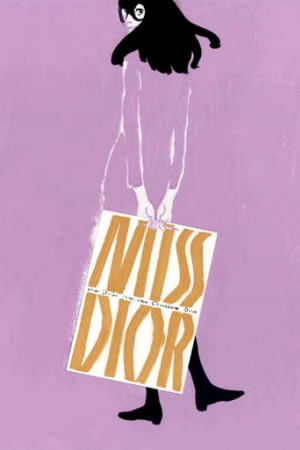
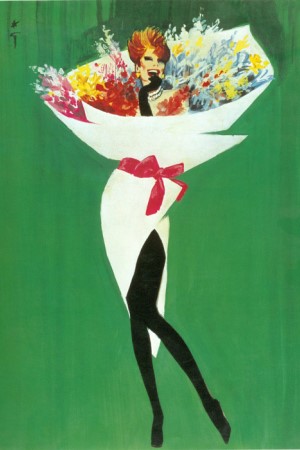

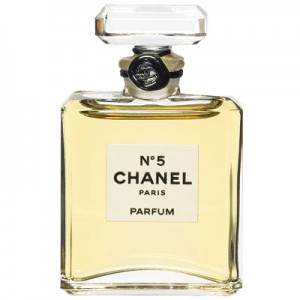



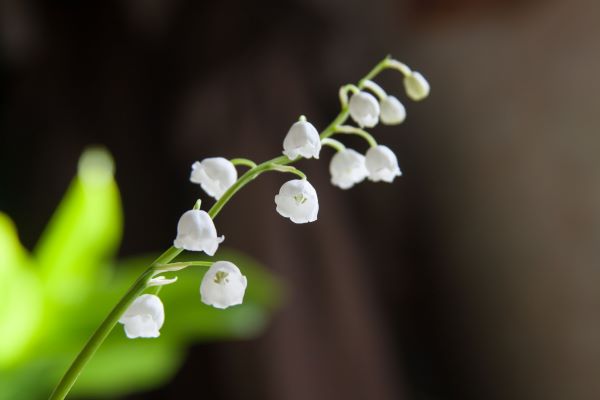
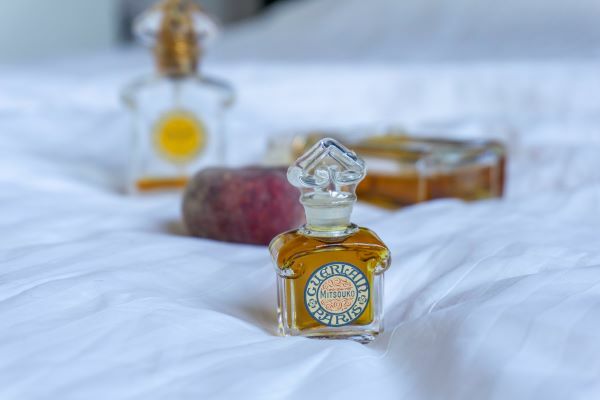








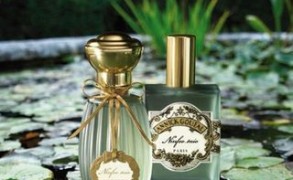
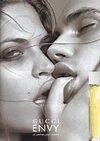

Yuliya Luk in Hermes Un Jardin Sur Le Nil : Fragrance Review: I want to say that after trying many perfumes from Hermes, I was not ready to buy them and use them. I received this scent as a gift from my… April 25, 2024 at 9:30pm